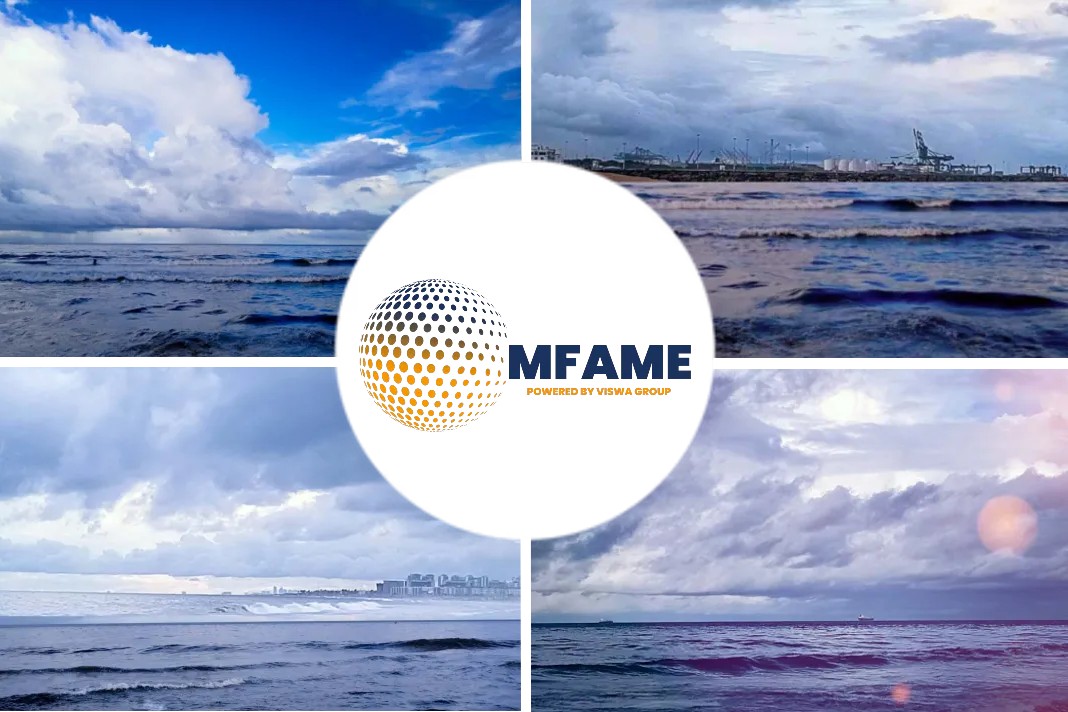The new fuel rules regarding the use of clean marine fuels are delivering a big blow to cash-strapped Petroleos de Venezuela SA. Petroleos de Venezuela SA is the largest exporter of high sulfur fuel oil in all of Venezuela
IMO fuel regulations
According to IMO fuel regulations, from January 1, 2020 onwards vessels will have to switch over to less-polluting bunker fuel or be fitted with equipment to curb emissions. This compliance is expected to weaken demand for the high-sulfur residual fuel oil produced by PDVSA, pushing prices lower at the same time, the cost of importing clean fuels rises.
Latin American economies to be hit
Mel Larson, a consultant at KBC Advanced Technologies Inc. said, “As refiners prepare to produce IMO-compliant fuels that rely on low-sulfur crude oils, sour crude produced by Venezuela and Mexico may be sold at deeper discounts. Meanwhile, demand for lighter distillates, including diesel, is expected to increase. That ultimately will take a toll on the economies of Venezuela, Mexico, and Ecuador that rely on imported diesel and gasoline”.
Larson further added, “IMO 2020 has the potential to hurt GDP growth in most Latin American economies, especially the ones that subsidize fuel prices. As the cost of imported fuels rises, subsidizing gasoline and diesel will only serve to expand a country’s or company’s debt load”.
At loggerheads
Since most refineries located in Latin America have not invested in units that are capable of removing sulfur or crack residuals into more valuable molecules. That puts them at a disadvantage ahead of the rule, which is expected to slash global demand for high-sulfur bunker fuel to as low as 1 million barrels daily from 4 million barrels currently. By this measure, Petroleos Mexicanos and PDVSA, respectively Latin America’s largest and second-largest exporters of fuel oil, are the ones who have most to lose.
Few players prepared
However, on the other hand, Petroleo Brasileiro SA is set to take advantage of the fuel shift. Petrobras already exports IMO-compliant fuels and is exploring the re-opening of fuel oil storage tanks in Singapore to better supply bunker fuel markets in Asia.
Did you subscribe for our daily newsletter?
It’s Free! Click here to Subscribe!
Source: Bloomberg

















